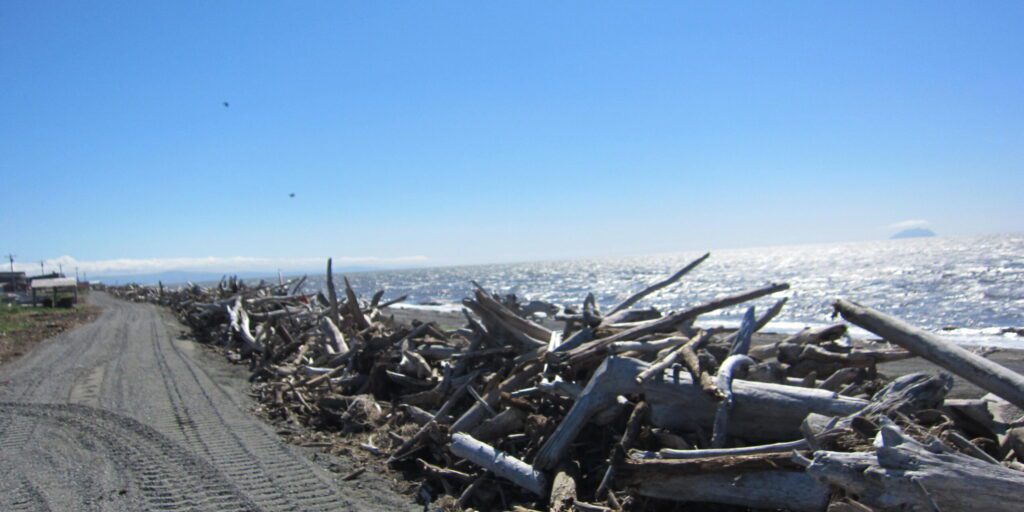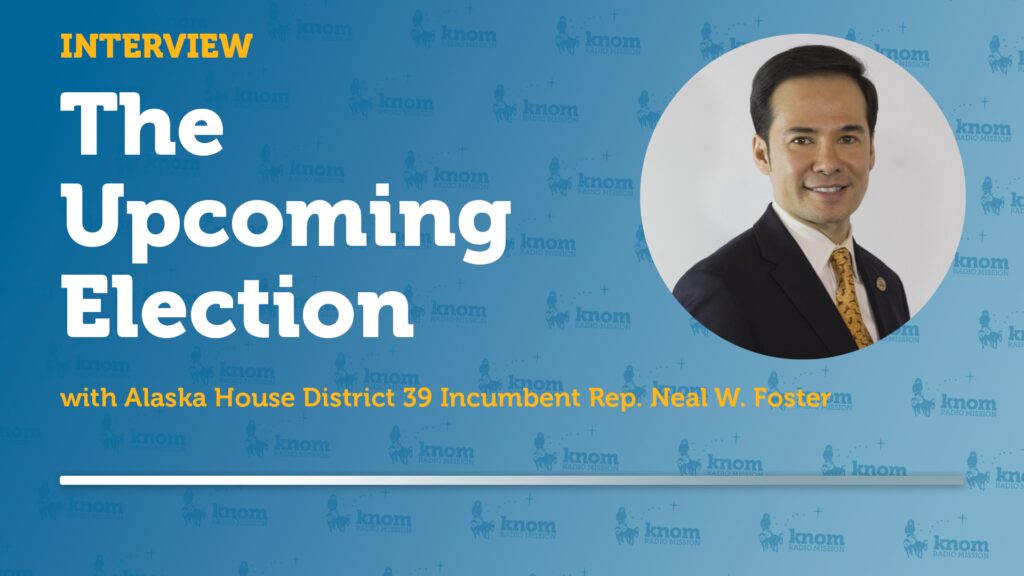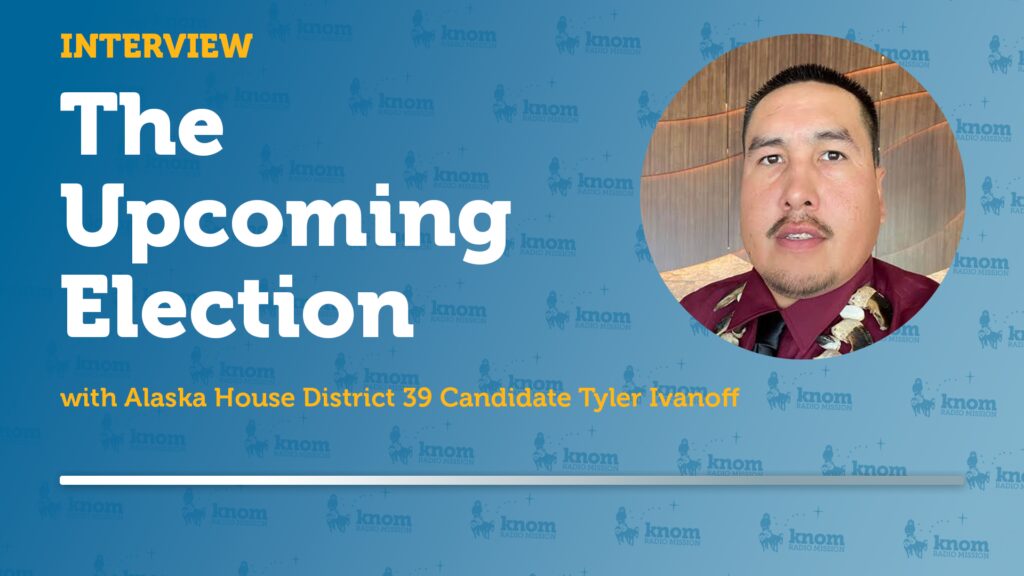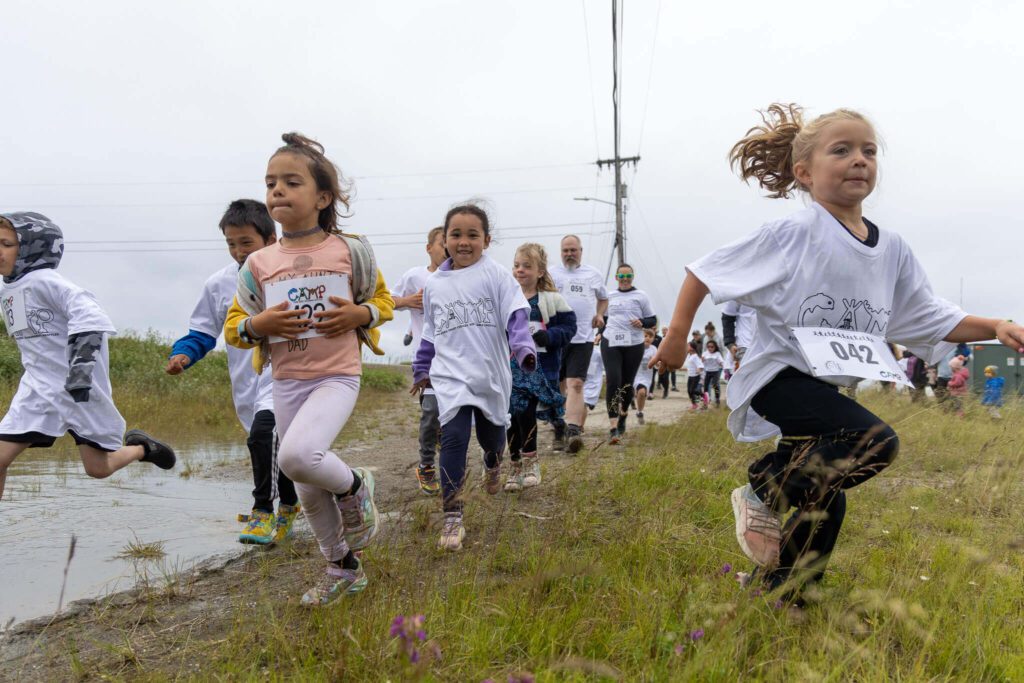Four coastal resilience workshops held last year have resulted in a new “toolbox” designed to help shoreline communities Alaska-wide monitor the environmental problems that affect them most. Community organizers and officials from a myriad of agencies gathered in Unalaska, King Salmon, Nome, and Kotzebue to contribute material.
Aaron Poe, coordinator of the Aleutian and Bering Sea Islands Landscape Conservation Cooperative, started making the toolboxes by asking resource managers at the workshops, “what issues are challenging to you?”
Then, Poe and other members of the Conservation Cooperative drew on that expertise to pull together resources they thought would be useful to both resource managers and community leaders. “We rolled [their answers] out to some degree in these workshops to basically get insights from people,” said Poe. “Does it seem like we’re focusing on the right topics?”
The blend of government agency officials, scientists, and community leaders suggested potentially missing areas of knowledge. Poe considers them co-authors on the posters that accompany the digital resource.
The result of their collaboration is two different toolboxes. The kits are a combination of case studies and materials to help find possible solutions to issues like a lack of available funding. While much content in the toolboxes can be described as academic, some materials are for boots-on-the-ground action, like instructions on how to set up a monitoring program.
The Conservation Cooperative is striving to make the materials as widely available as they can. The toolboxes will be available for download online. A jump-drive version will also be available to villages with limited internet access. Due to the nature of the workshops, Poe says the toolboxes are more suitable for coastal communities. But he’s quick to add that some materials may be of use to others, as well. “Some of the topics we’ve worked on, whether it’s talking about a process [like] how you change your local subsistence harvest regulations, could be useful, certainly, to more interior communities.”
Developed with grants from the Fish and Wildlife Service and Bureau of Indian Affairs, the toolboxes will be free and available for anyone to use. The toolboxes will be rolled out this spring with online interactive tools available by September of this year.







